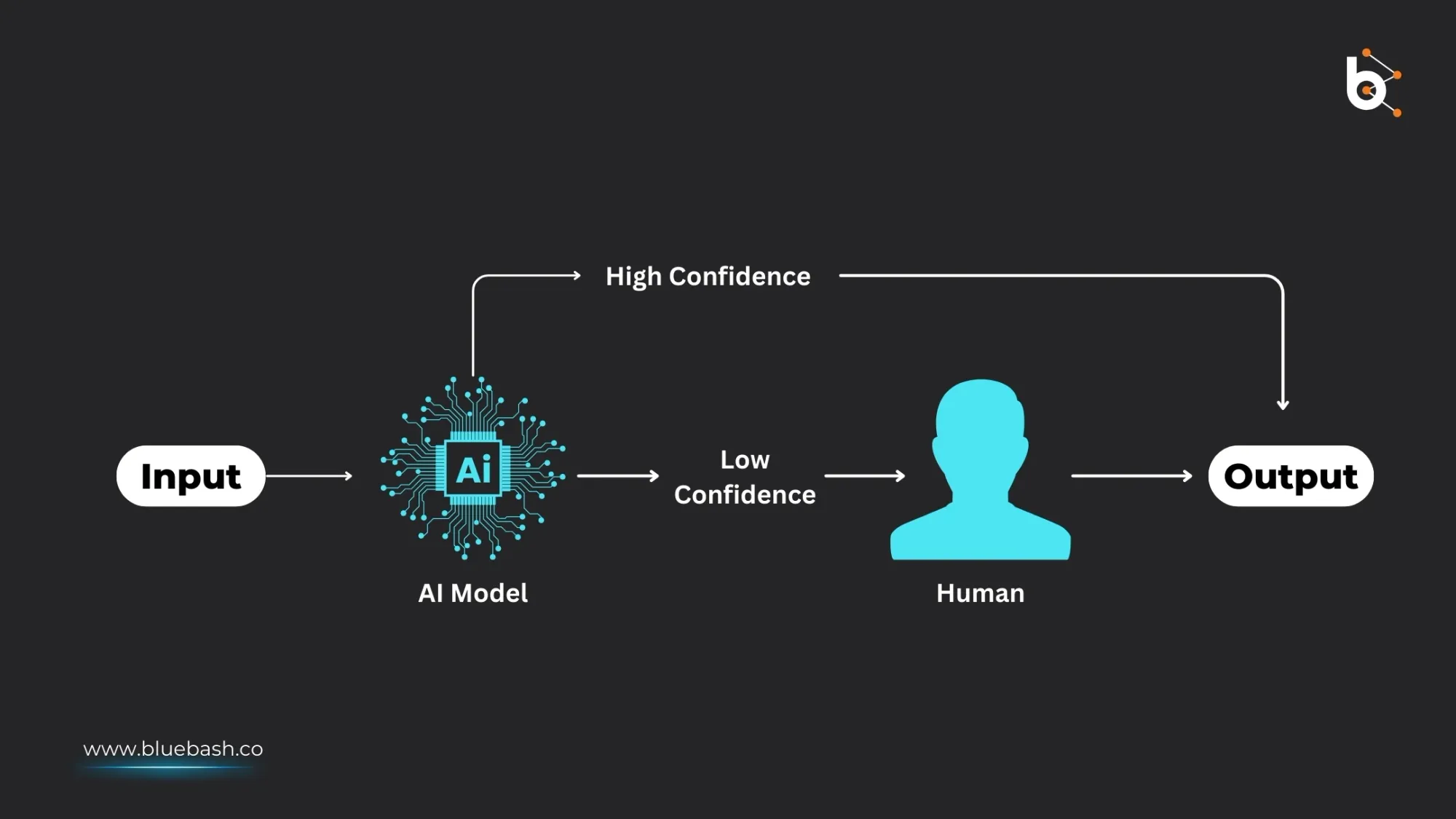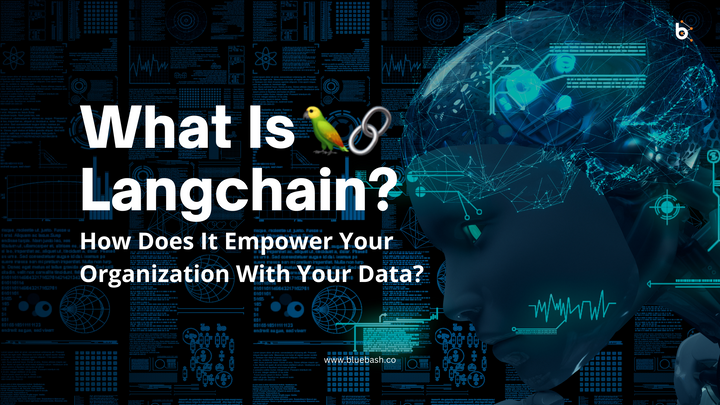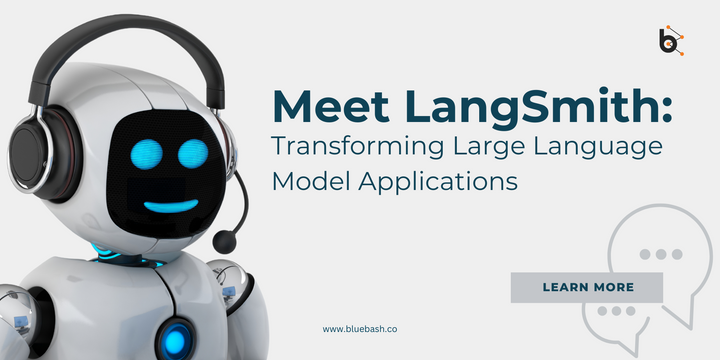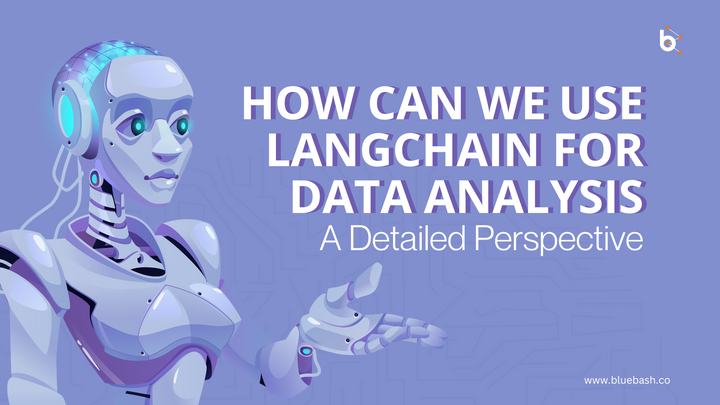Simplify Patient Appointment Scheduling with AI Agents

Scheduling patient appointments can be one of the most frustrating aspects of healthcare management. Long wait times, double bookings, and miscommunications are common challenges faced by both healthcare providers and patients. But what if there was a smarter, more efficient way to handle it all? Enter AI agent development solutions, a game-changer for healthcare operations.
What is AI Agent Development?
AI agent development is concerned with intelligent systems that may carry out particular tasks on their own. The agents are created using several advanced technologies such as machine learning, natural language processing, and automation frameworks like LangChain for end-to-end work processes. In this case, the AI agents are to act in the role of virtual assistants to schedule appointments, a process which is faster, reliable, and user-friendly.
These solutions, when implemented by an experienced AI agent development company, will go beyond the automation of routine tasks to integrating advanced functionalities such as "humans in the loop" that revolutionize how Healthcare AI agents facilities operate in decision-making and error handling.
Challenges in Traditional Appointment Scheduling
Before diving into the advantages of AI agent development services, it’s essential to understand the shortcomings of traditional methods:
- Manual Errors: Human oversight can lead to double bookings or incorrect scheduling.
- Long Wait Times: Patients often face delays due to inefficient systems.
- High Administrative Load: Healthcare staff spend hours on repetitive scheduling tasks instead of focusing on patient care.
- Limited Flexibility: Most systems can’t adapt to sudden changes like cancellations or rescheduling.
AI agent development addresses these pain points, offering a smoother and more reliable experience for all stakeholders.
How AI Agent Development Services Transform Scheduling
AI-powered agents provide a range of benefits that directly address the inefficiencies of traditional systems. These are as follows:
- Real-Time Availability Tracking: AI agents will track appointment slots in real-time and ensure that their availability is up to date. Using frameworks like the LangChain framework, they process large volumes of data efficiently to minimize scheduling conflicts.
- 24/7 Scheduling Assistance: Unlike human staff, AI Agents for Healthcare can always be 'on'. Patients can create, reschedule, or cancel appointments at any time, thus improving accessibility and convenience.
- Personalized Interactions: The agentic framework lets AI agents make personalized recommendations on scheduling a patient, based on history, preference, and health needs.
- Error Reduction: With machine learning algorithms and automation of human-in-the-loop tasks, these systems lessen errors by embedding the strengths of AI with human oversight.
- Smooth Integration: A fully developed AI agent does not operate in a void. It will integrate with EHRs and other hospital management systems for a uniform process across platforms.
Finding the Right Balance with Humans in the Loop

While automation brings speed and efficiency, certain situations still require human judgment. This is where humans in the loop play a vital role. For example:
- Handling Exceptions: For complex cases, like urgent medical appointments, human intervention ensures better decision-making.
- Building Trust: Some patients may prefer interacting with a human for sensitive issues, even when assisted by AI.
- Enhancing Accuracy: Human input helps correct errors and biases in AI models, leading to more reliable outcomes.
- Ethical Considerations: Incorporating human judgment ensures that AI systems align with societal values and ethical standards.
By combining automation with human oversight, AI agent development services achieve the perfect balance between efficiency and empathy.
How We Build Human-AI Agents for Appointment Scheduling
At Bluebash, we leverage cutting-edge technologies to develop human-AI agents that deliver exceptional performance and reliability. Here are the tools and frameworks we use:
LangGraph
Description: LangGraph is a tool designed for building complex, stateful AI workflows. It supports first-class streaming and Human-in-the-Loop (HITL) integration.
Use Cases: Building chat-based applications, interactive decision systems, or stateful AI Agents with human oversight.
Key Features:
- Easy orchestration of HITL workflows.
- Built-in support for streaming and human interactions.
Why Use It?: Ideal for building scalable, real-time applications requiring human intervention, such as customer support chatbots or conversational agents.
GitHub: LangGraph Repository
Hugging Face
Description: A platform offering pre-trained models and tools for building NLP and multimodal applications. Hugging Face’s integration with human feedback makes it a strong candidate for HITL development.
Use Cases: Applications requiring human validation for tasks like text summarization, sentiment analysis, or content moderation.
Key Features:
- Access to state-of-the-art pre-trained models.
- APIs for integrating human feedback and model fine-tuning.
Why Use It?: Extensive library of transformers and simple APIs to integrate HITL functionality into AI-driven apps.
GitHub: Hugging Face Repository
Label Studio
Description: An open-source tool for data annotation and validation. It allows developers to create workflows where human annotators interact with and validate AI outputs.
Use Cases: Interactive labeling for machine learning apps, such as document processing or image recognition systems.
Key Features:
- Supports multi-modal data types like text, images, and audio.
- Customizable annotation interfaces for HITL workflows.
Why Use It?: Essential for apps requiring dynamic data validation, such as document digitization tools or AI-assisted content generation.
GitHub: Label Studio Repository
LangChain
Description: A versatile framework for chaining tasks, integrating APIs, and connecting large language models (LLMs) with custom workflows.
Use Cases: Applications like conversational agents, reasoning systems, or automated workflows that require HITL validation.
Key Features:
- Memory for context-aware decision-making.
- Tools for integrating APIs and building multi-step workflows.
Why Use It?: Perfect for constructing dynamic, context-rich applications like knowledge-based chatbots or virtual assistants.
GitHub: LangChain Repository
Why Choose Bluebash for AI Agent Development Services?
At Bluebash, we specialize in creating tailored AI agents for healthcare that address the unique challenges of healthcare providers. Here’s why healthcare organizations trust us:
- Advanced Security Protocols: We prioritize patient data privacy and ensure compliance with all regulatory standards.
- Customizable Modules: Every healthcare provider has unique needs, and our solutions are designed to adapt seamlessly.
- LangChain Agents Expertise: Our team has deep expertise in frameworks like LangChain, ensuring advanced capabilities in every solution.
- Focus on Uniform Processes: From appointment scheduling to EHR integration, we ensure a smooth workflow across all systems.

Conclusion
AI agent development solutions are not just about automating tasks; they’re about redefining efficiency and enhancing patient experiences. By leveraging frameworks like LangChain and incorporating humans in the loop, these systems offer the perfect combination of speed, accuracy, and empathy. With the right partner, such as Bluebash, your healthcare organization can achieve a seamless and reliable scheduling process that benefits both patients and staff.
FAQ's
1. What is AI agent development in healthcare?
AI agent development involves creating intelligent systems that automate tasks like appointment scheduling, using advanced technologies such as machine learning and natural language processing.
2. How do AI agents improve patient scheduling?
AI agents streamline scheduling by offering 24/7 assistance, reducing errors, and providing personalized recommendations based on patient data.
3. What is the role of humans in the loop in AI systems?
Humans in the loop add a layer of oversight, handling exceptions and ensuring better decision-making for complex cases.
4. Why choose Bluebash for AI agent development?
Bluebash provides tailored AI solutions with customizable modules, advanced security, and expertise in frameworks like LangChain.
5. Which technologies are used to build human-AI agents?
Technologies like LangGraph, Hugging Face, Label Studio, and LangChain are used to build scalable and efficient human-AI workflows.



